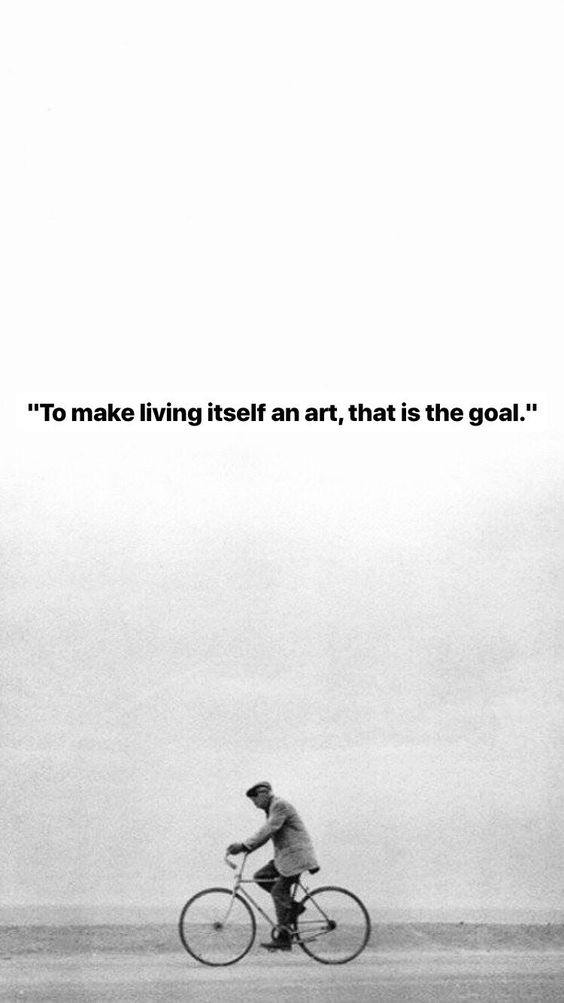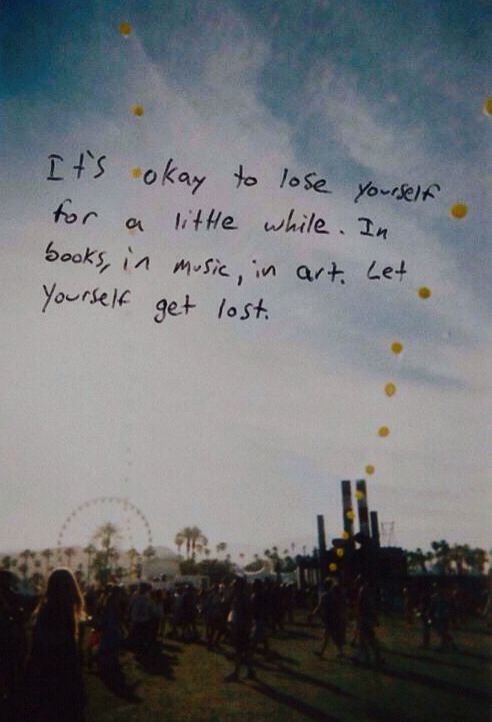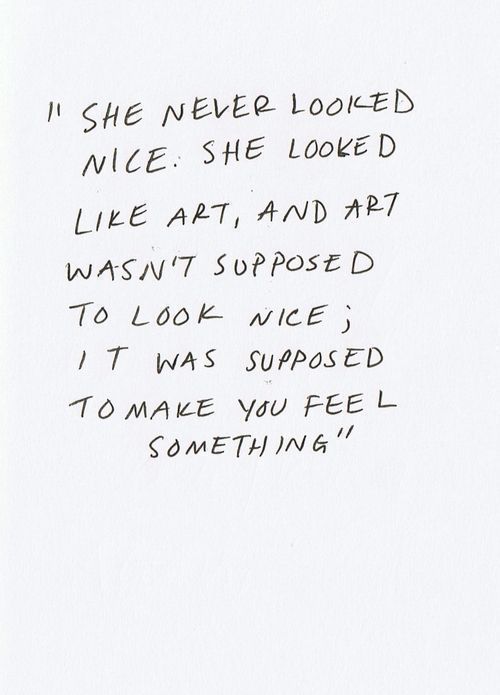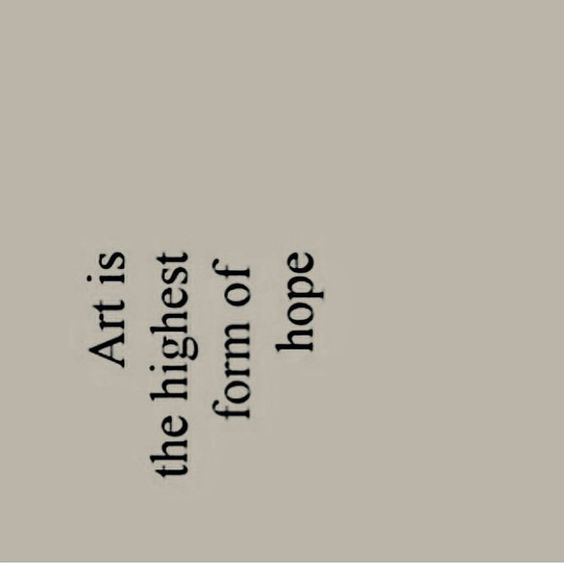“The greatest impediment to creativity is your impatience, the almost inevitable desire to hurry up the process, express something, and make a splash.”
Robert Greene, The Daily Laws (Page 93)
“Make the world question whether or not there isn’t one of you but ten of you. Create. Create. Create. Create some more. If you’re young, when you’re young, sacrifice everything. Sacrifice love if you have to (because if it’s love it won’t get away). Sacrifice sleep. Sacrifice peace of mind. Sacrifice sorry looks from family members at the dinner table. Sacrifice your pride. Make ends meet through whatever means possible by day and once the light turns to darkness, follow your muse like a hound on the scent of some bloody, dying thing.”
Cole Schafer
“To an artist, rejection, at first, feels like death. That’s how personal the work is. And that’s why we’re afraid to do the work. Because then we have to show it. And then they might reject it. But rejection is only a death if you let it stop you from doing the work the next day.”
Brian Koppelman, Twitter
“Being an artist is not for the faint of heart. It involves a lot of risk-taking, a lot of bravery, and a lot of not subscribing nor giving a fuck about what others think. We dance around uncertainties, the unknown, and the extraordinary every single day. But we live our lives based on a feeling, a vision, some voice telling us to paint it, write it, draw it, tell it, dance it, act it. We make worlds so others can see, tell stories so others can learn how to speak, dance and make music so people can learn how to hear, capture moments so people can see the unseen, paint colors and share emotions so people can learn how to express, create alternate universes so people can wake up to all the possibilities they haven’t afforded for themselves. Don’t go into the arts, they’ll say. But without creativity and art – the living are just walking half dead.”
Stephanie Dandan, Blog
“I have spent my days stringing and unstringing my instrument while the song I came to sing remains unsung.”
Rabindranath Tagore, via Sunbeams (Page 148)
“It is hard to rage at something as nebulous as cancer. You have to steer the trajectory of your anger, ideally toward a canvas or a notebook, before it hurdles toward a human target.”
Suleika Jaouad, Between Two Kingdoms (Page 281)
“Melissa painted self-portraits from bed; I wrote self-portraits from bed. Watercolors and words were the drugs we preferred for our pain. We were learning that sometimes the only way to endure suffering is to transform it into art.”
Suleika Jaouad, Between Two Kingdoms (Page 157)
“It is always what is under pressure in us, especially under pressure of concealment—that explodes in poetry.”
Adrienne Rich, Between Two Kingdoms (Page 115)
A Short Story About Frida Kahlo And The Unexpected Gifts Pain Can Provide [Excerpt]
Excerpt: Pain is inevitable. How we channel pain, however, is a choice. This short story about Frida Kahlo will show you the gifts pain can provide.
Read More »A Short Story About Frida Kahlo And The Unexpected Gifts Pain Can Provide [Excerpt]
“Art is the method of levitation, in order to separate one’s self from enslavement by the earth.”
Anaïs Nin, via Sunbeams (Page 137)
“Artistic growth is, more than it is anything else, a refining of the sense of truthfulness. The stupid believe that to be truthful is easy; only the artist, the great artist, knows how difficult it is.”
Willa Cather, via Sunbeams (Page 135)
“The difference between the neurotic and the creative is that the neurotic is precisely the one who cannot create. He cannot marshal a response. Both the artist and the neurotic are really sensitive. They both are overwhelmed by the world. They both take in the world and are wrestling with the world. But, the artist takes that in and reworks it into an active work project—there is kind of a feedback loop, a circularity. There’s a response that says, ‘I am here. I felt this. And it matters.’ And it is in the ability to respond to that experience that solicits a kind of exorcism that frees you from your demons. The neurotic cannot do that. So he chokes on his introversions.”
Jason Silva, via Aubrey Marcus Podcast
“All art holds the knowledge that we’re both living and dying at the same time. It can hold it. And thank God it can, because nothing out in the corporate world is going to shine that back to us, but art holds it.”
Marie Howe, via Becoming Wise (Page 148)

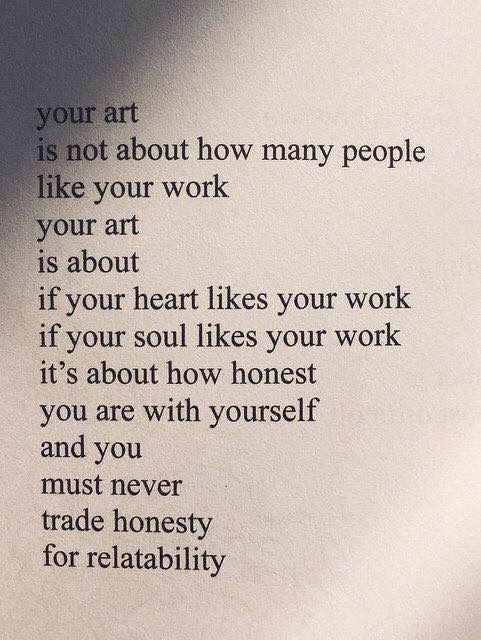
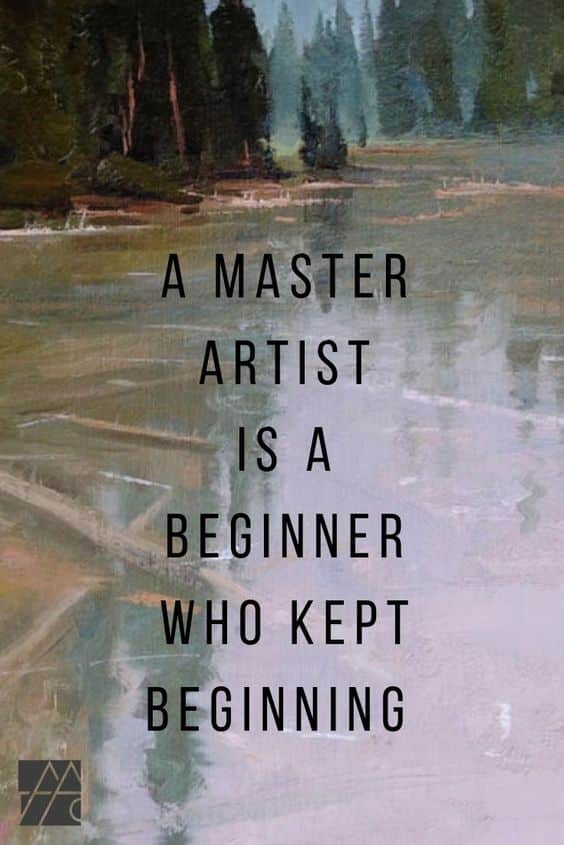
![A Short Story About Frida Kahlo And The Unexpected Gifts Pain Can Provide [Excerpt]](https://movemequotes.com/wp-content/uploads/2021/11/Frida-Kahlo-930x620.jpeg)
